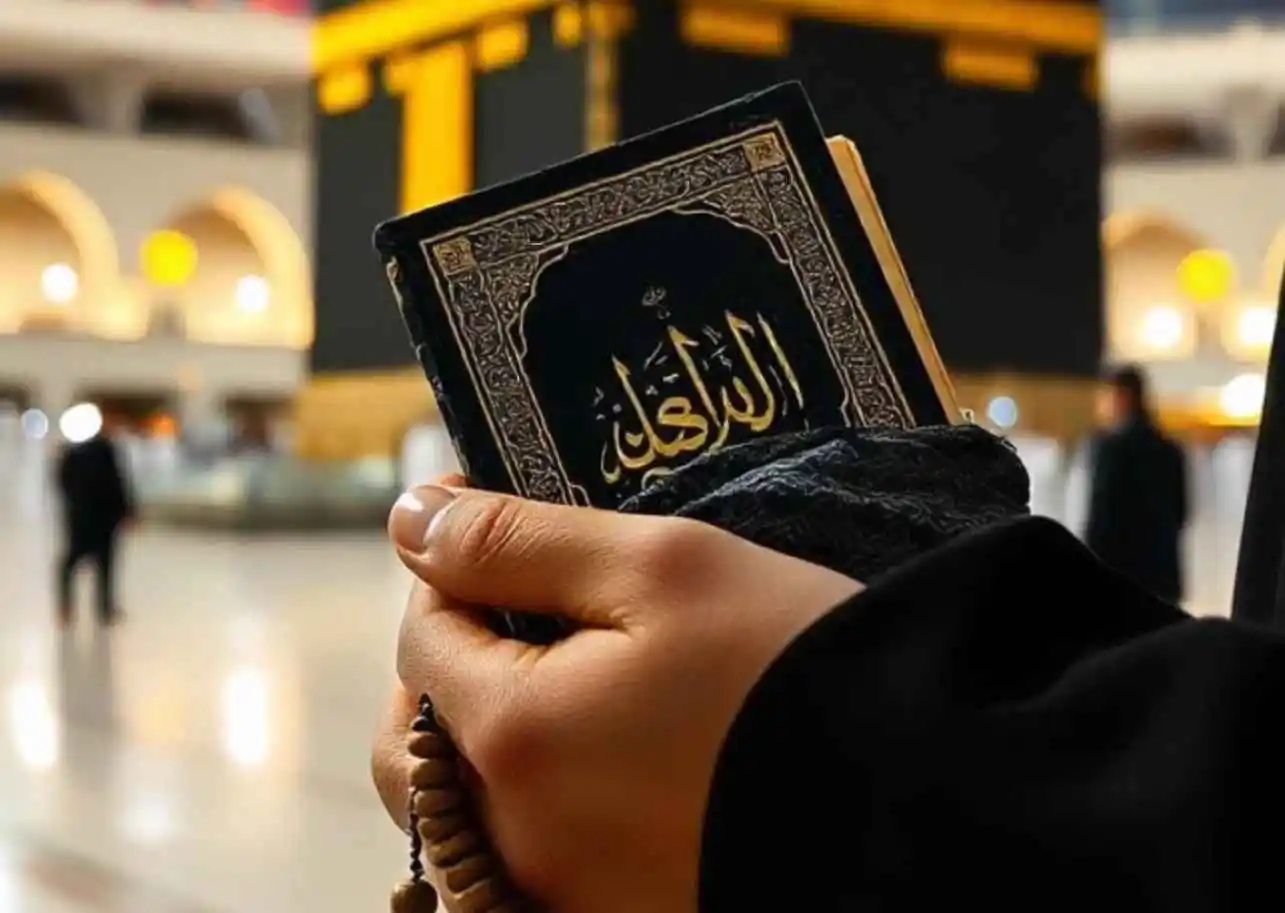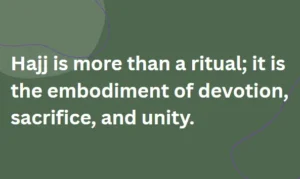The Quran, the holy book of Islam, is regarded as the ultimate source of guidance for Muslims. Revealed to Prophet Muhammad (PBUH) over a period of 23 years, it is believed by Muslims to be the literal word of God (Allah), and its teachings encompass every aspect of life—spiritual, social, moral, and legal. The Quran is not just a religious text but a comprehensive blueprint for living a just, ethical, and fulfilling life. It addresses humanity’s relationship with God, other people, and the world.
In this blog, we will explore the key teachings of the Quran that form the foundation of Islamic life and thought.
1. Tawhid: The Oneness of God
The Quran’s central teaching is Tawhid, the belief in the absolute oneness and uniqueness of God (Allah). The concept of Tawhid is foundational to Islam and underpins the entire framework of Quranic teachings. It asserts that Allah is the only true God, the Creator and Sustainer of the universe, and that no one and nothing shares His divine attributes.
In Surah Al-Ikhlas (112:1-4), the Quran declares: “Say, ‘He is Allah, [Who is] One, Allah, the Eternal Refuge. He neither begets nor is born, nor is there to Him any equivalent.’”
This teaching emphasizes that Allah is beyond human comprehension and has no equal. Everything in the universe is dependent on Him, and He alone is worthy of worship.
2. Prophethood: The Role of Prophets in Guiding Humanity
Another key teaching of the Quran is the belief in Prophethood. The Quran mentions that Allah has sent numerous prophets throughout history to guide humanity toward righteousness. These prophets were chosen by Allah to deliver His message and to teach people about worship, morality, justice, and the proper way to live.
The Quran acknowledges the prophethood of figures such as Adam, Noah, Abraham, Moses, Jesus, and Muhammad (PBUH), who conveyed God’s message to their respective communities. Each prophet’s role was to call people to monotheism and righteous living. The final prophet, Muhammad (PBUH), is seen as the Seal of the Prophets, and the Quran is considered the last and most complete revelation from Allah.
In Surah Al-Ahzab (33:40), it says: “Muhammad is not the father of any of your men, but [he is] the Messenger of Allah and the Seal of the Prophets.”
This verse establishes that Muhammad’s mission, and by extension the Quran, represents the final and complete guidance for humanity.
3. The Afterlife: Accountability and the Day of Judgment
The Quran emphasizes the reality of the Afterlife and the importance of being accountable for one’s actions in this world. According to the Quran, life on Earth is a test, and human beings are given free will to make choices. The ultimate judgment for those choices comes after death, when individuals will be resurrected and judged by Allah.
In Surah Al-Zalzalah (99:7-8), the Quran states: “So whoever does an atom’s weight of good will see it, and whoever does an atom’s weight of evil will see it.”
This highlights the concept of personal responsibility, where every action, no matter how small, will be taken into account on the Day of Judgment.
The righteous will be rewarded with eternal paradise (Jannah), while those who rejected faith or led sinful lives will face punishment in hell (Jahannam). The Quran frequently reminds readers to live with the awareness of the afterlife, motivating them to act justly, perform good deeds, and worship Allah sincerely.
4. Justice, Mercy, and Compassion
The Quran teaches that Allah is both Just and Merciful, and these qualities are reflected in the way He governs the world. The Quran repeatedly calls on Muslims to uphold justice, fairness, and compassion in their dealings with others.
For example, in Surah An-Nisa (4:58), the Quran says: “Indeed, Allah commands you to render trusts to whom they are due and when you judge between people to judge with justice.”
Justice is not only a divine attribute but also a moral obligation for believers. The Quran stresses that justice should be applied in all aspects of life, whether in personal relationships, societal matters, or governance.
Moreover, Allah’s mercy is emphasized throughout the Quran. In Surah Az-Zumar (39:53), it is stated: “Say, ‘O My servants who have harmed yourselves by your own actions, do not despair of Allah’s mercy. Allah forgives all sins; He is truly the Most Forgiving, the Most Merciful.”
This verse highlights that Allah is forgiving and merciful, inviting people to repent and seek His forgiveness. However, this mercy is not unconditional; it is offered to those who genuinely repent and strive to correct their ways.
5. Moral and Ethical Conduct: Guidelines for Personal and Social Life
The Quran provides extensive teachings on ethical behavior and moral conduct, offering guidance on how to lead a righteous life. It addresses the core principles of integrity, honesty, humility, respect for others, and the importance of upholding good character.
In Surah Al-Baqarah (2:177), it says: “It is not righteousness that you turn your faces toward the East or the West, but righteousness is in one who believes in Allah, the Last Day, the Angels, the Book, and the Prophets… and gives his wealth, despite his love for it, to relatives, orphans, the poor, the traveler, those who ask [for help], and to free those in bondage.”
This verse emphasizes the importance of inner belief and outward actions that benefit society. It stresses charity, kindness, and responsibility toward others, particularly the vulnerable.
The Quran also advocates for patience and forgiveness in difficult situations. In Surah Ash-Shura (42:43), it says: “And whoever is patient and forgives – indeed, that is of the matters (requiring) determination.”
This teaches that forgiveness and patience are virtues that help maintain harmony in relationships and society.
6. Social Justice and Equality
Another key teaching of the Quran is the emphasis on social justice and equality. The Quran advocates for fair treatment of all individuals, regardless of their social status, race, or gender. It teaches that all human beings are equal in the eyes of Allah, and their worth is determined by their piety and good deeds, not by worldly status.
In Surah Al-Hujurat (49:13), the Quran says: “O mankind, indeed We have created you from male and female and made you peoples and tribes that you may know one another. Indeed, the most noble of you in the sight of Allah is the most righteous of you. Indeed, Allah is Knowing and Acquainted.”
This verse underscores the importance of diversity and emphasizes that true honor comes from righteousness and God-consciousness, not from race or ethnicity.
The Quran also addresses issues of economic justice, calling for fair distribution of wealth, the elimination of exploitation, and the importance of charity. Zakat, the compulsory almsgiving, is one of the Five Pillars of Islam, ensuring that wealth is shared with those who are less fortunate.
7. The Quran as a Guide for Practical Living
The Quran’s teachings are not limited to theoretical or spiritual matters; it provides practical guidance for all aspects of life. From daily routines and prayers to family relations, business dealings, and governance, the Quran serves as a manual for living a balanced and harmonious life.
For instance, in Surah Al-Baqarah (2:286), it states: “Allah does not burden a soul beyond that it can bear.”
This verse reflects the Quran’s practical approach to life’s challenges, teaching believers that they are not asked to do more than they can handle. The Quran encourages individuals to maintain balance and trust in Allah’s wisdom in all aspects of life.
8. The Quran and the Preservation of Knowledge
The Quran stresses the importance of knowledge and intellectual growth. It encourages reflection upon the signs of God in the universe, the study of nature, and the pursuit of wisdom. In Surah Al-Alaq (96:1-5), the first verses revealed to Prophet Muhammad (PBUH), it commands: “Read in the name of your Lord who created, created man from a clot. Read, and your Lord is the most generous. Who taught by the pen. Taught man that which he knew not.”
This signifies that the pursuit of knowledge is a way of drawing closer to God and understanding His creation.
Conclusion
The teachings of the Quran are vast and comprehensive, covering all aspects of human existence. Its guidance spans spiritual beliefs, ethical behavior, social justice, personal development, and relationships with others. The Quran’s timeless message calls on humanity to worship the One true God, act with integrity, strive for justice, and live in harmony with the natural world and one another. Through its teachings, the Quran offers a framework for living a righteous, fulfilling life that leads to eternal success in the afterlife. For Muslims, the Quran is not just a book; it is the ultimate source of guidance that shapes their lives and hearts in every way.






